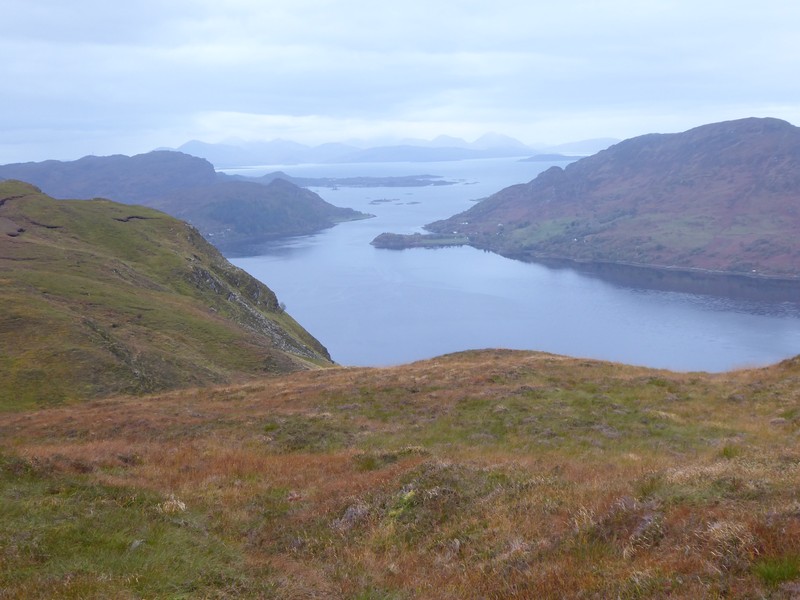I checked out the forecast and could see that the East coast of England would be in for a couple of days of sunny dry weather, so I opted to do a day’s trip to Lincolnshire.
This section would see the back of Lincolnshire and entry into Norfolk. No problems with public transport were envisaged, so I drove to and parked in Kings Lynn. I used one of the council car parks at a charge of £2.70 for the day. I don’t mind paying for parking, as long as the charges are not excessive. I walked along the small quay in Kings Lynn which is a charming and very interesting small market town. I headed to the bus station and caught the #505 bus service to Sutton Bridge.
I got off the bus close to the swing bridge. The morning traffic had started to get busy, however, I immediately turned up a minor road and walked alongside The River Nene, the road was quiet with only the occasional vehicle. Todays walk would be mainly on Sea dykes and minor roads. I walked along what is known as the Peter Scott Way, a trail from Sutton Bridge around to the Ferry to King Lynn, although part of the walk was also known as The Nene Way. Sir Peter Scott had a strong connection with the area and bought the East Lynn lighthouse in 1933, which I soon passed. At the time The East and West lighthouses marked the entrance to the sea, however, subsequent reclamation from the sea has since pushed the sea wall much further out into The Wash.
It was a lovely morning with bright sunshine and a gentle breeze. The grass on top of the Sea Dyke was cropped very short, but heavy with dew. I passed a couple of dog walkers and later on some ‘twitchers’ with large lenses. I passed within 500m of the Inner Trial Bank and could still make out the Outer Trial Bank out to the west. The Norfolk Coast was becoming much clearer now and somewhere around this point I crossed over into Norfolk. The walk was very peaceful, with the occasional sound of a Curlew and the hum of tractors working the huge fields.





The path began to bear around to the south-east and a couple of wind turbines just north of Kings Lynn come into view. I was now walking along The River Great Ouse, one of England’s longest rivers with its source back in Northamptonshire. After passing a large sewage works, with some real ‘heavy’ odours I joined a long straight Hawthorn edge that accompanied the path until I arrived at West Lynn, just across the river from Kings Lynn. The small port and quay of Kings Lynn, presented some of it most attractive features and buildings from the opposite side of the river. I carried on heading for one of two bridges that cross the Great Ouse about a half-mile from Kings Lynn. I was surprised to learn that Kings Lynn, prior to 1537 was known as Bishops Lynn.
After crossing the bridge over the Great Ouse I headed along a cycleway back into the town. An attractive feature of Kings Lynn is the absence of tall large buildings. The most notable building include the double-towered Kings Lynn Minster – St Margarets and the quirky Greyfriars Tower, a remnant from a Franciscan Friary with quite a large lean.





Distance today = 17 miles
Total distance = 4,407 miles

















































